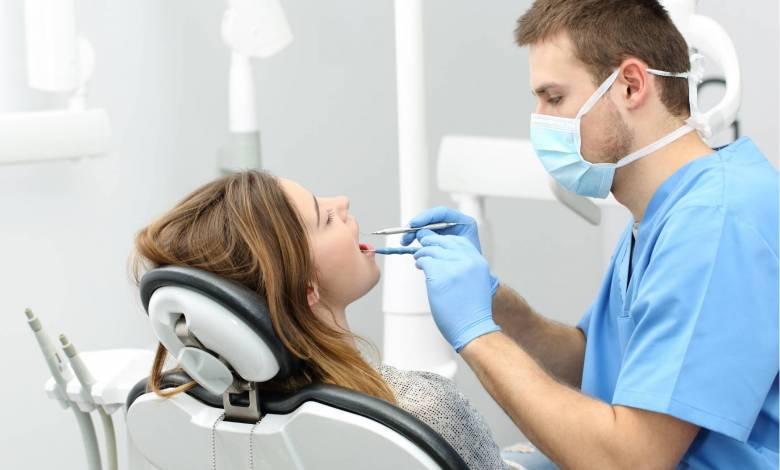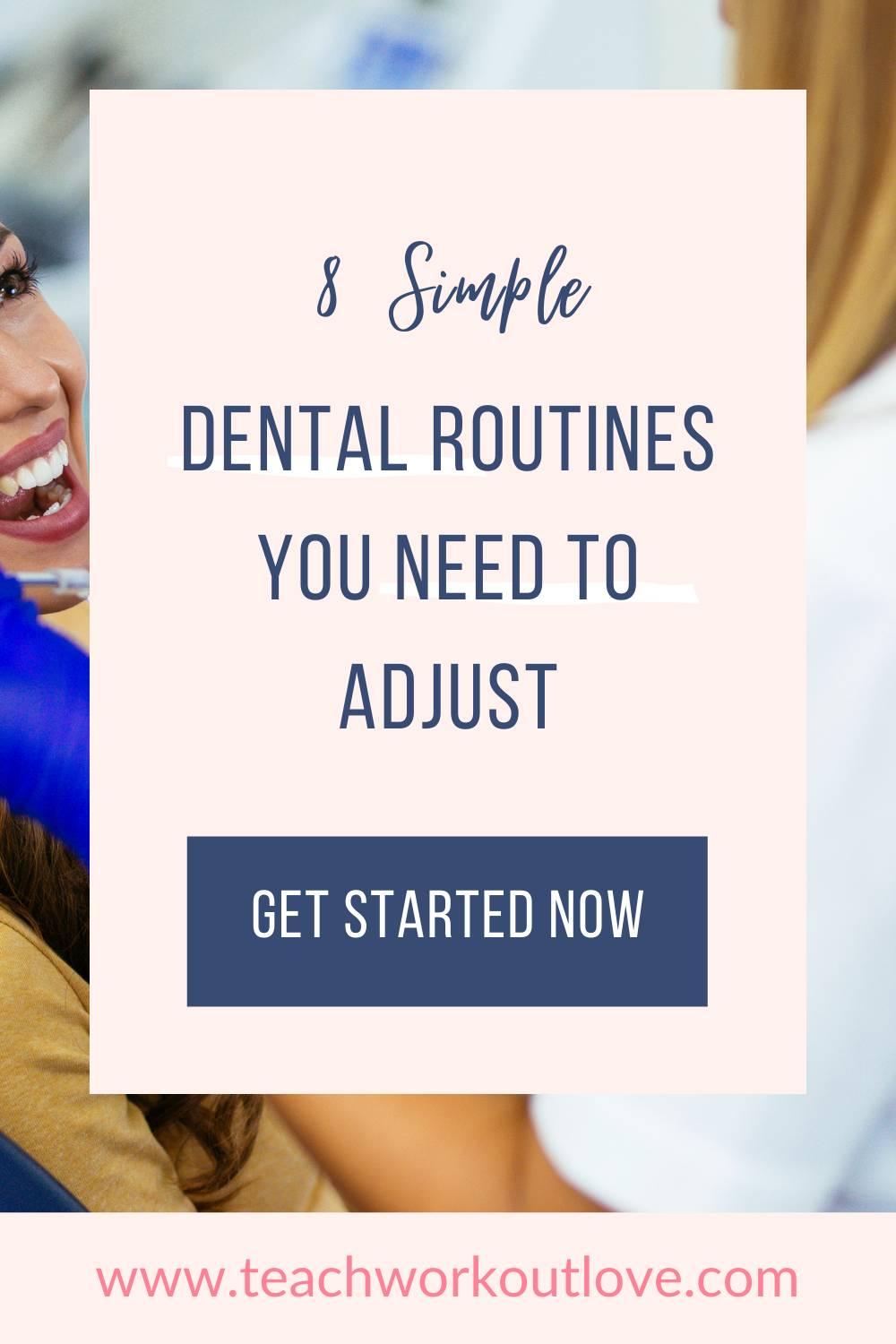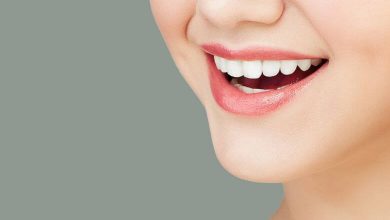
The initial step in preventing mouth and body problems is to follow standard dental hygiene, but only a small percentage of the population does so. Numerous individuals discover themselves investing more time & expense on their dental than they had expected as a result of their casual brushing and flossing habits. Let’s explore the fundamentals of appropriate everyday dental care so you can devote considerable time to loving your teeth than repairing them.
1. Brushing on a Regular Basis
For both youngsters and adults, brushing their teeth at least twice a day is encouraged. Brushing your teeth at least twice a day, especially after breakfast and supper, is crucial since it is the major technique of preventing old food and microorganisms from accumulating in your teeth.
Change your toothbrush each 3 to 4 months, or earlier if the bristles start to break out. The brand of toothpaste you use can also have a significant impact on how beneficial your oral hygiene routines are. To prevent cavities and keep teeth healthy, we advocate using fluoride-rich toothpaste; if you have kids, talk to your dentist concerning which toothpaste is appropriate for them.
Oral hygiene is just as significant as any other kind of hygiene, including your individual eyelashes.
Starchy meals like crackers, bread, chips, and spaghetti, according to specialists, can trigger tooth decay. These meals stay in the mouth and break down into glucose, which acid-producing microorganisms feed on. Tooth decay can be caused by this acid.
Rather than starchy carbohydrates, the American Diabetes Association recommends consuming plenty of fibre-rich fruits and veggies, as well as low-sugar milk products.
2. Flossing Frequently
Flossing twice a day is important for reducing cavities and periodontitis. Although toothbrushes can facilitate the removal from the front and edges of your teeth, only dentistry floss can reach the little crevices throughout each tooth. Flossing frequently is vital for optimum oral health since these little, dark regions are where food waste and microorganisms thrive the most.
3. Clean Your Teeth Regularly by a Professional
Plaque can start building up in the extremely hard parts of your mouth even if you brush and floss frequently. Frequent professional dental washing ought to be a component of your regular dental hygiene practice to avoid this buildup from compromising your overall tooth health. Your orthodontist will remove resistant plaque and check for cavities throughout each cleaning consultation. You may substantially enhance your dental health and quality of life by having the procedure semi-annually.
4. Have Your Cavities Filled Right Away
Brushing and flossing on a regular basis isn’t always enough to keep extremely acidic lips free of cavities. Early detection and correction of a cavity can be the distinction between a straightforward filling and a root canal or tooth removal. Cavities are your mouth’s first warning sign that bacteria is generating health complications; disregarding this warning by neglecting your cavity can lead to a lot of pain and dental impairment in the future.
5. Rather than Sugary Beverages, Drink Water
Sugar-sweetened drinks are the most frequent cause of added sugars in the average diet. Drinking sweetened drinks such as soda, juice, or other sweetened liquids can raise your possibility of cavities.
Drinking water or unsweetened iced tea during the day and just limited amounts of sugar-sweetened beverages while eating meals should be a frequent practice.
6. Sugary and Starchy Foods Should be Avoided
Sugar consumption can cause cavities. Sugar continues to play a substantial influence in poor dental health results, according to studies. Candy and pastries are common culprits, but many refined carbs also contain sweeteners.
Sugar should not account for more than 10% of a person’s daily calorie consumption, according to the WHO. According to the authors of a comprehensive review, reducing this to 5% would only further minimize the incidence of cavities and other oral issues.
7. Contemplate Using a Mouthwash
Researches have proven that certain mouthwashes are good for oral health. Based on one research, mouthwash containing the antibacterial ingredient chlorhexidine aids in the reduction of plaque and gingivitis. As per a meta-analysis, mouthwashes containing certain essential oils are also helpful.
Folks may want to consult with their dentist to determine which mouthwash is best for them. Mouthwash is not a replacement for brushing and flossing, but it can help to supplement these habits.
8. Avoid Smoking
The immune system is harmed by smoking, making it difficult for the body to recover tissues, as well as those in the mouth. smoking as a risk factor for gum disease, while many doctors warn that smokers may have a slower recovery time following a dental operation.
Smoking also has an adverse effect on the mouth’s look, causing discoloration of the teeth and tongue, as well as giving breath a foul stench.
The Bottom Line
The first step toward bettering your general dental hygiene and long-term well-being is to learn proper daily dental hygiene. You’ll not only have a fresher, cleaner mouth, but you’ll also have a better chance of improving your overall health. But perhaps the most important benefit of keeping good oral hygiene is that you’ll waste less time & expense at the dentist’s office, and much more time enjoying the meals and individuals you care about.








